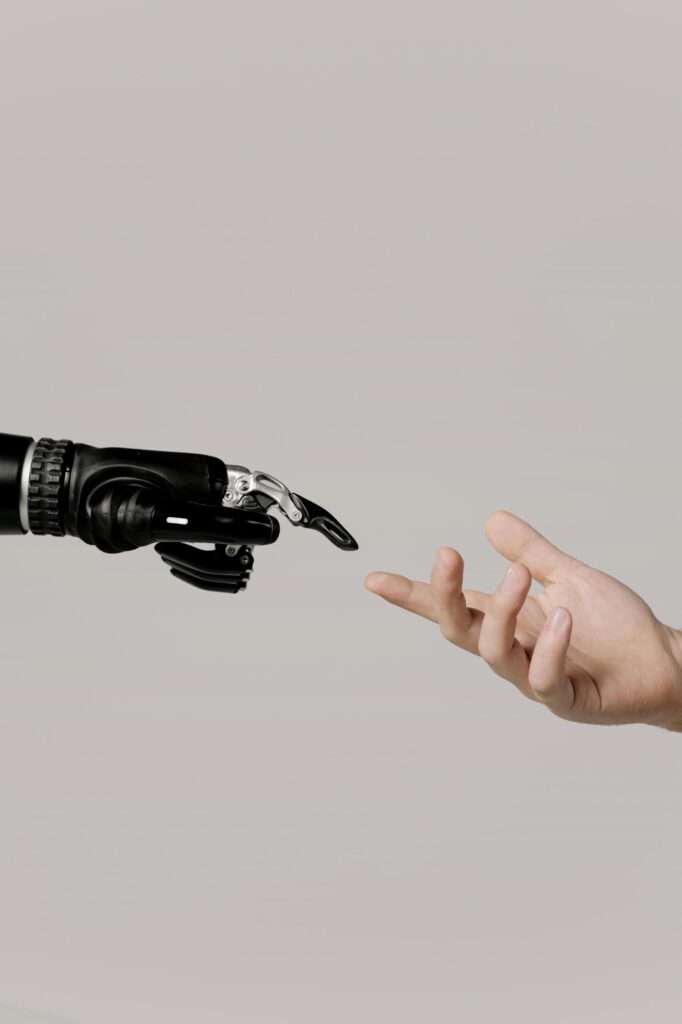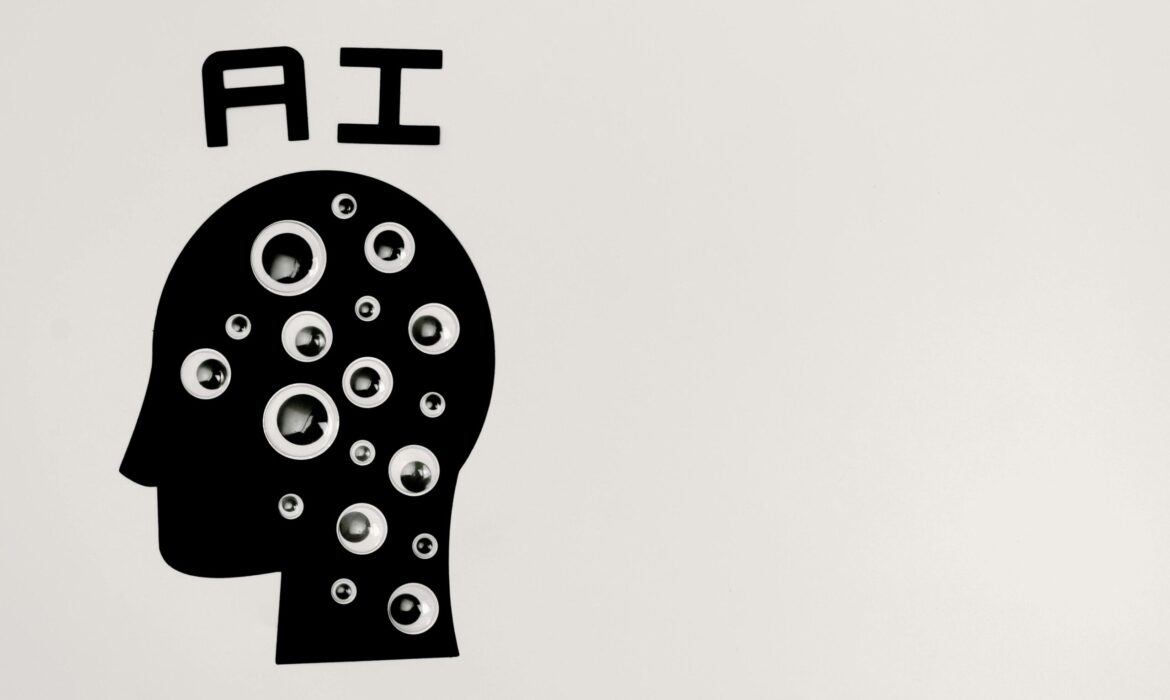Artificial intelligence (AI) is no longer a futuristic concept confined to sci-fi novels; it is a thriving reality reshaping the modern workplace. In April 2025, AI is making headlines as it continues to drive profound changes across industries, unlocking new levels of productivity, innovation, and efficiency. Let’s explore how AI is revolutionizing the workplace and what this means for businesses and employees.
Unleashing Productivity: The $4.4 Trillion Promise
AI holds the potential to generate a staggering $4.4 trillion in productivity growth, according to the latest research. By automating repetitive tasks, streamlining workflows, and analyzing vast amounts of data in real-time, AI allows employees to focus on higher-value activities that require creativity, critical thinking, and human judgment.
For example, in the financial sector, AI-powered tools are processing millions of transactions within seconds, identifying fraud with unparalleled accuracy. In healthcare, AI is assisting doctors by analyzing medical images to detect anomalies, saving valuable time and improving patient outcomes. Across industries, AI is optimizing supply chains, predicting consumer behavior, and personalizing customer experiences, creating immense value for businesses.
Augmenting Human Potential: Collaboration, Not Replacement
One of the most significant shifts in the AI-driven workplace is the way it augments human potential. Contrary to fears of AI replacing jobs, the reality is more nuanced. AI is transforming roles rather than eliminating them, allowing workers to accomplish more in less time.
Take customer service as an example. AI chatbots are handling routine inquiries, freeing up human agents to address complex issues and build stronger relationships with customers. Similarly, AI-driven project management tools are empowering teams to collaborate more effectively, providing real-time updates and insights that enhance decision-making.
This collaboration between humans and machines is creating a new dynamic in the workplace, where employees and AI complement each other’s strengths. The result is not only increased efficiency but also improved job satisfaction and a better work-life balance for employees.

The 1% Challenge: Bridging the AI Adoption Gap
While the potential of AI is immense, not all companies are reaping its benefits. A recent report reveals that only 1% of organizations can be considered “mature” in their AI deployment. These AI leaders are leveraging the technology to its fullest, gaining a competitive edge and setting new benchmarks for innovation.
For the remaining 99%, the road to AI maturity is fraught with challenges. These include integrating AI into existing systems, addressing data privacy concerns, and overcoming resistance to change. To bridge this gap, companies must invest in upskilling their workforce, fostering a culture of innovation, and collaborating with AI experts to develop tailored solutions.
Governments and policymakers also play a crucial role in supporting AI adoption. By providing incentives, funding research, and establishing ethical guidelines, they can help businesses navigate the complexities of the AI landscape and ensure its benefits are distributed equitably.
Ethics and Trust: Building a Responsible AI Future
As AI becomes more prevalent in the workplace, ethical considerations are taking center stage. Issues such as bias in algorithms, data privacy, and transparency are critical to building trust in AI systems. Businesses must prioritize ethical AI practices, ensuring that their systems are fair, accountable, and aligned with human values.
AI ethics is not just a moral obligation; it is a business imperative. Consumers and employees are increasingly demanding transparency and fairness in AI applications. Companies that demonstrate a commitment to ethical AI are likely to gain a competitive advantage, fostering trust and loyalty among their stakeholders.
The Road Ahead: Embracing the AI-Driven Workplace
The AI revolution in the workplace is just beginning, and its impact will only grow in the coming years. As April 2025 unfolds, businesses that embrace AI with an open mind and a strategic approach will be better positioned to thrive in a rapidly changing world.
Employees, too, have an exciting opportunity to harness the power of AI to enhance their skills, advance their careers, and contribute to meaningful innovation. The workplace of the future is not about humans versus machines—it is about humans and machines working together to achieve extraordinary outcomes.
Conclusion
The transformative potential of AI in the workplace is undeniable. From boosting productivity to fostering collaboration and addressing global challenges, AI is a catalyst for progress. However, to unlock its full potential, businesses, employees, and governments must work together to create a sustainable, ethical, and inclusive AI-driven future.
What are your thoughts on the rise of AI in the workplace? Are you ready to embrace its possibilities? Share your insights and join the conversation! 🧠💻

